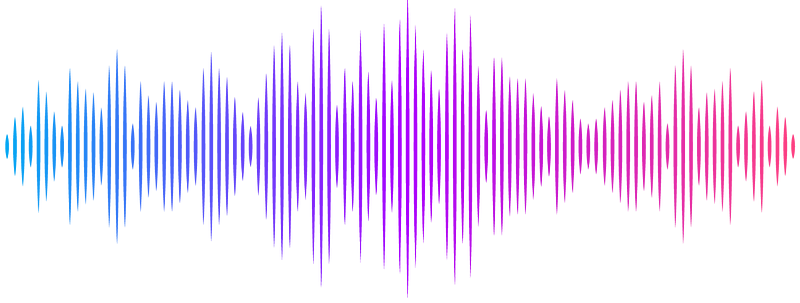Longitudinal trajectories of brain development from infancy to school age and their relationship to literacy development

Longitudinal trajectories of brain development from infancy to school age and their relationship to literacy development
Turesky, T. K.; Escalante, E.; Loh, M. Y.; Gaab, N.
AbstractReading is one of the most complex skills that we utilize daily, and it involves the early development and interaction of various lower-level subskills, including phonological processing and oral language. These subskills recruit brain structures, which begin to develop long before the skill manifests and exhibit rapid development during infancy. However, how longitudinal trajectories of early brain development in these structures supports long-term acquisition of literacy subskills and subsequent reading is unclear. Children underwent structural and diffusion MRI scanning at multiple timepoints between infancy and second grade and were tested for literacy subskills in preschool and decoding and word reading in early elementary school. We developed and implemented a reproducible pipeline to generate longitudinal trajectories of early brain development to examine associations between these trajectories and literacy (sub)skills. Furthermore, we examined whether familial risk of reading difficulty and home literacy environment, two common literacy-related covariates, influenced those trajectories. Results showed that individual differences in curve features (e.g., intercepts and slopes) for longitudinal trajectories of volumetric, surface-based, and white matter organization measures in left-hemispheric reading-related regions and tracts were linked directly to phonological processing and indirectly to second-grade decoding and word reading skills via phonological processing. Altogether, these findings suggest that the brain bases of phonological processing, previously identified as the strongest behavioral predictor of reading and decoding skills, may already begin to develop early in infancy but undergo further refinement between birth and preschool. The present study underscores the importance of considering academic skill acquisition from the very beginning of life.


